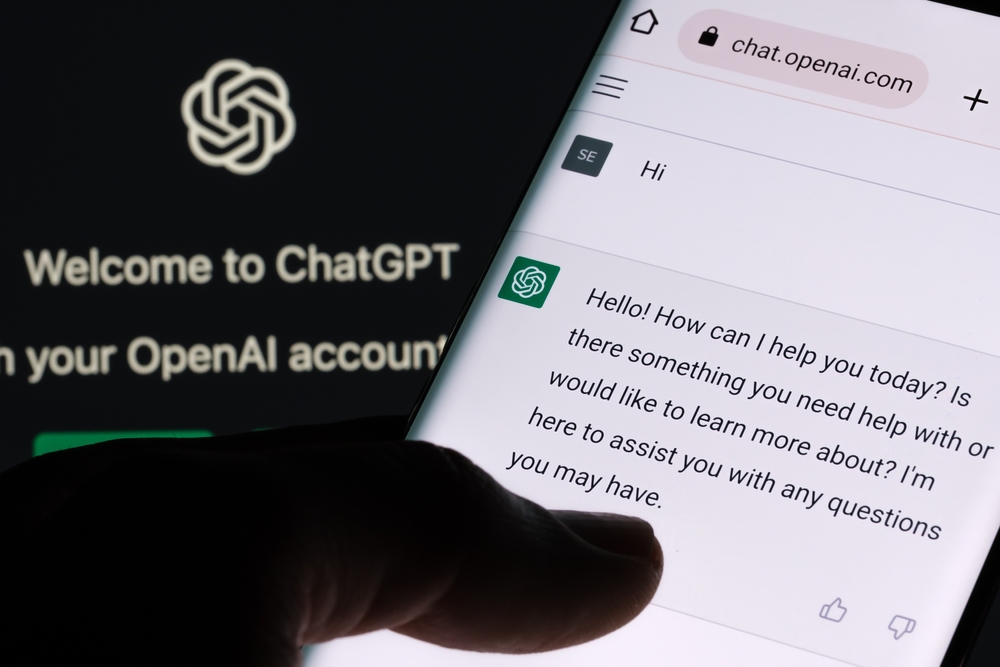Power Users of ChatGPT Show Signs of AI Dependence, Research Reveals
Others are reading now
Artificial intelligence is changing the way people interact with technology. It answers questions, assists with tasks, and even engages in conversations.
But how does this impact users emotionally? A new study from MIT Media Lab and OpenAI explores this question.
Researchers examined how people interact with ChatGPT and how it affects their well-being.
They found that frequent users, or “power users,” sometimes become emotionally dependent on the tool, according to WP. This was not the original intention of its creators.
Also read
The study had two parts. The first analyzed 40 million interactions with ChatGPT. OpenAI researchers examined how users engaged with the chatbot and how this influenced their emotions.
The second part involved a controlled study with 1,000 participants. It focused on how different features of the platform affected their mental state.
The findings showed that most casual users did not develop emotional attachments. However, those who used voice interactions were different.
These users expressed more emotion in their conversations. Many began to view ChatGPT as a friend.
The study also found that heavy use of voice chat was linked to poorer mental well-being.
Some users relied on ChatGPT for personal advice. They reported feeling lonelier, even if they were not emotionally addicted to the tool.
On the other hand, people who used ChatGPT for professional tasks were more likely to show signs of dependence.
Researchers identified certain groups at higher risk of negative effects. People who form attachments easily were more likely to struggle with overuse.
Those who viewed AI as a companion also experienced more emotional impact. Daily and long-term use of ChatGPT correlated with a decline in mental health.
The study authors stressed that their findings should be interpreted with caution. The research focused on users in the United States, meaning results could vary in different cultures.
The findings have not yet been peer-reviewed. OpenAI acknowledged the issue and encouraged further academic research on AI’s effects on mental well-being.
The study raises important questions. As AI becomes more integrated into daily life, understanding its psychological impact is crucial.
The goal is to maximize its benefits while minimizing harm. Future research will help shape the responsible development of AI technology.

